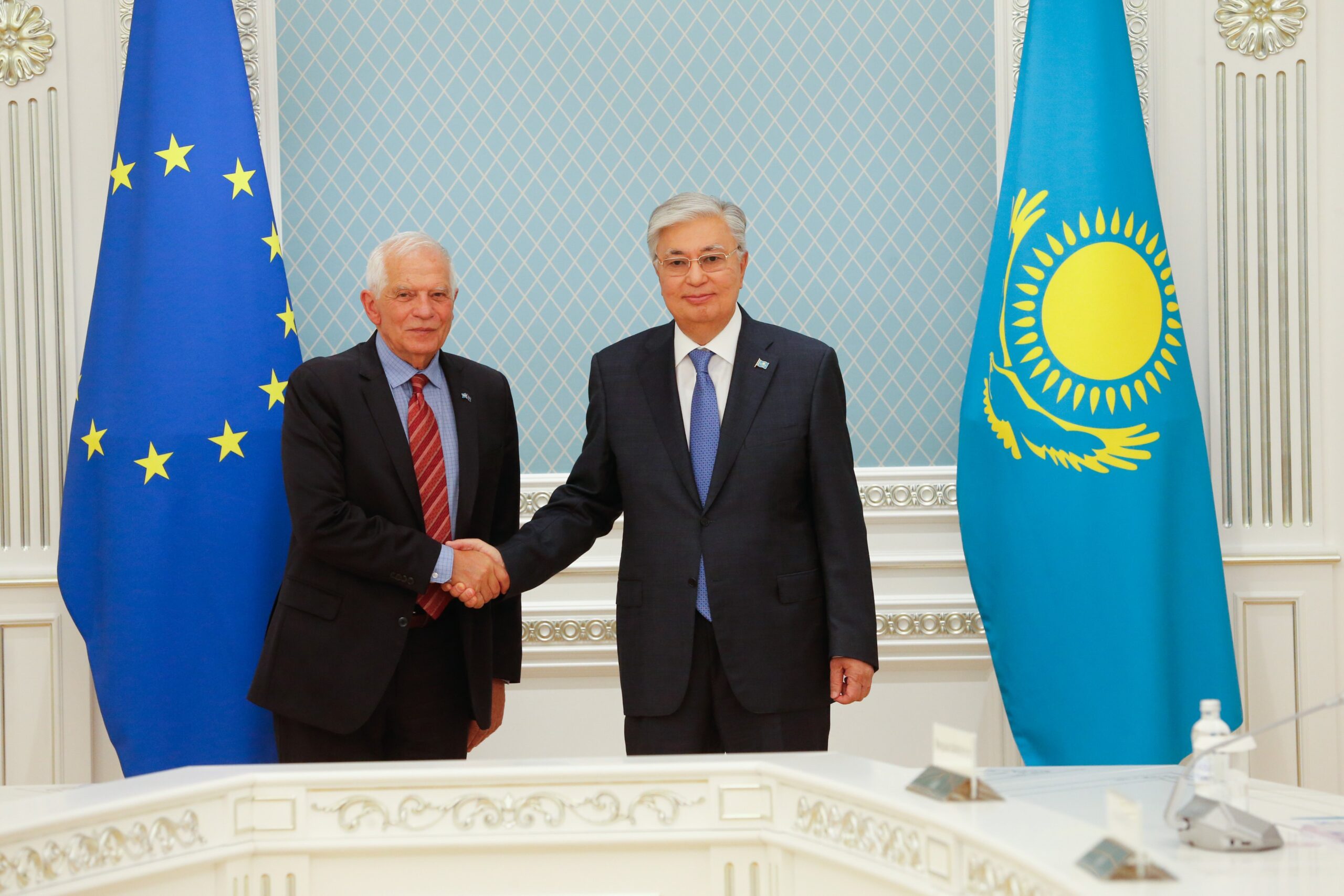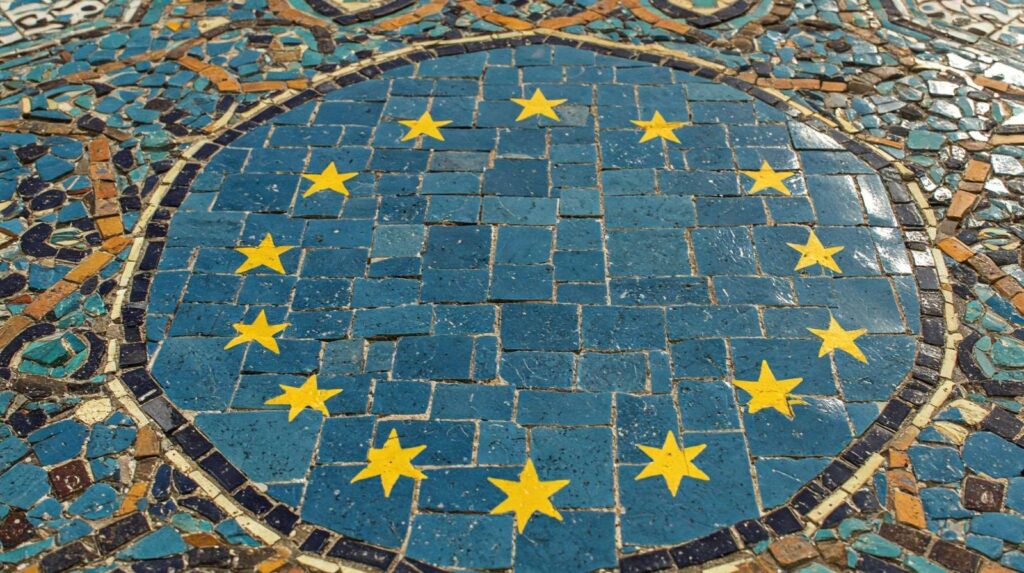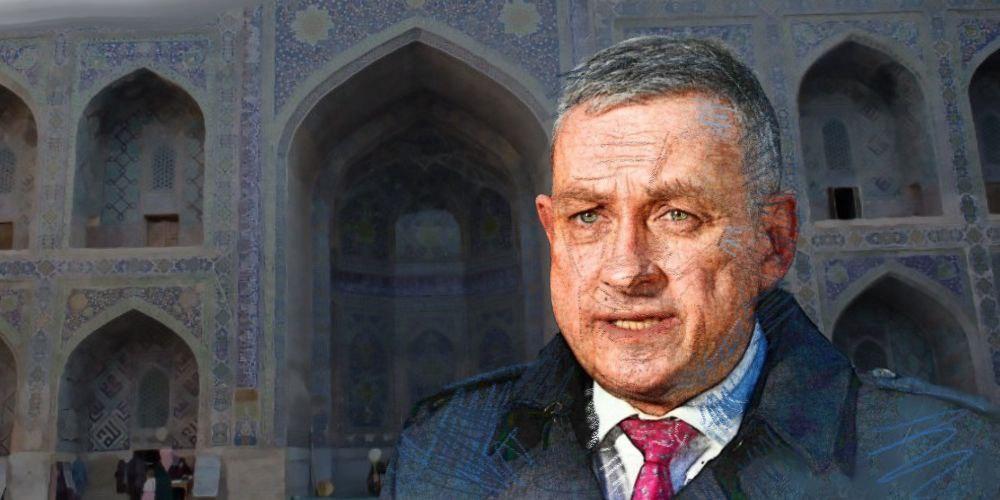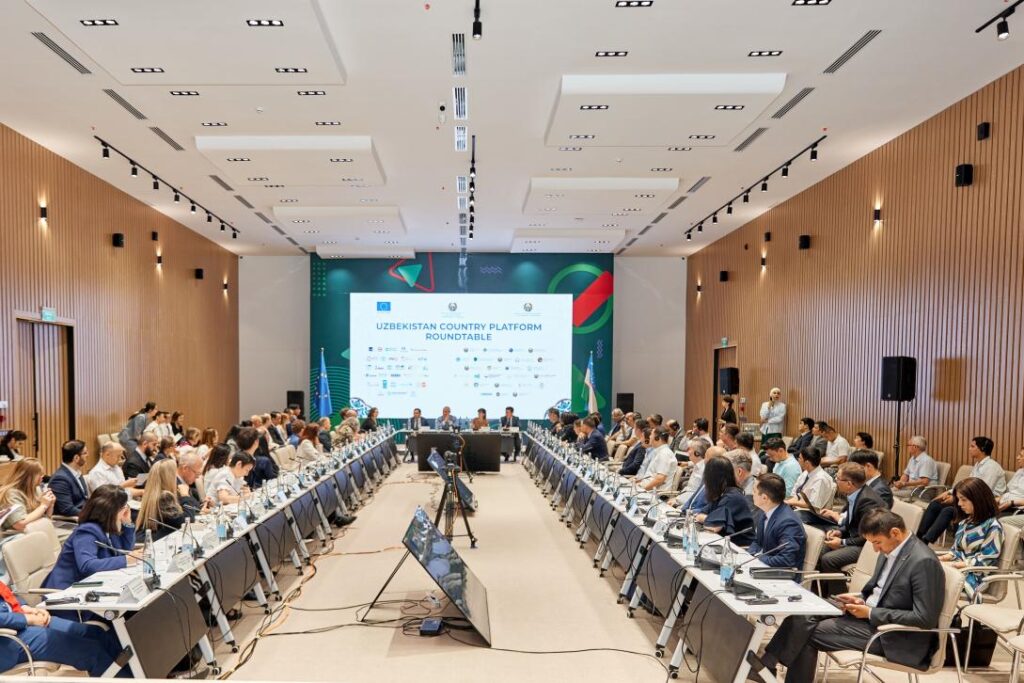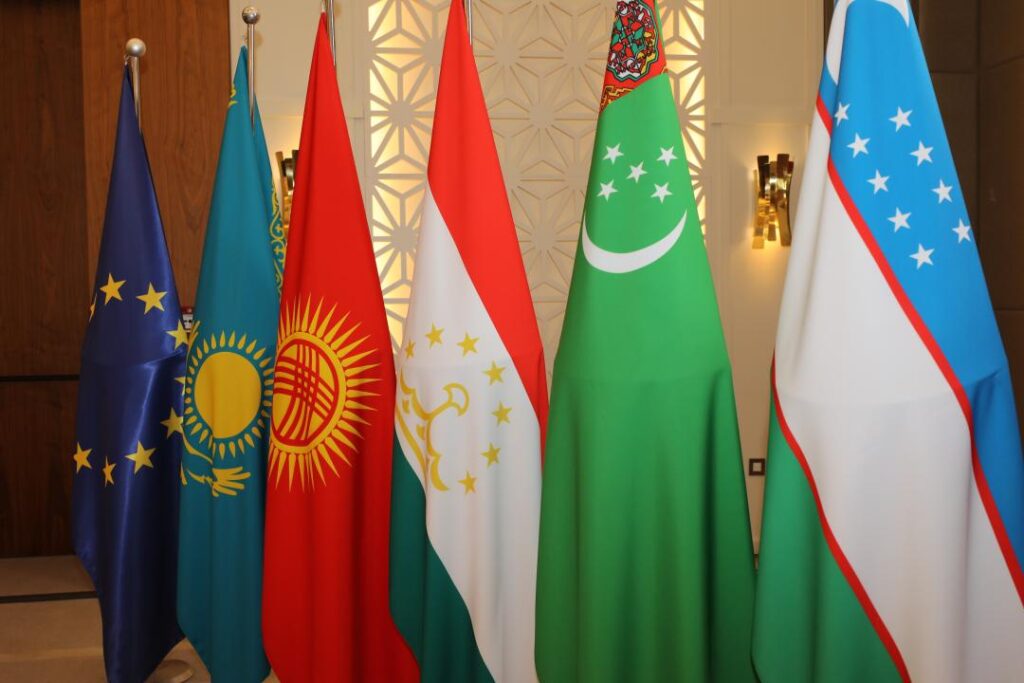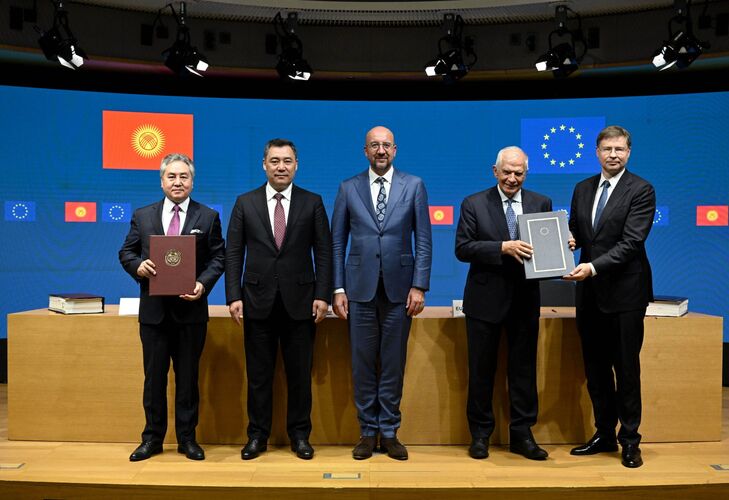Josep Borrell, Vice-President of the European Commission and High Representative of the European Union for Foreign Affairs and Security Policy, visited Central Asia to meet with the presidents of Kazakhstan and Kyrgyzstan. This trip by Borrell, whose term ends in October 2024, underscores the region’s growing global importance in terms of trade and energy security, especially given the ongoing war between Russia and Ukraine.
Borrell arrived in Kazakhstan for an official visit on August 1, marking his second diplomatic trip since his appointment as the EU’s foreign affairs chief. Explaining the purpose of the visit, he said “as my mandate as a representative of the European Union ends in three months, it was very important for me to come here to Astana to reaffirm the strong interest and commitment of the European Union to strengthen cooperation with Central Asia in general and with Kazakhstan in particular as the strongest country in the region.”
Europe’s realization of Central Asia’s strategic value has recently become more apparent. In a presentation to investors on January 29, 2024, Borrell detailed the EU’s growing interest in Central Asia, citing Russia’s conflict with Ukraine as a driving force behind this policy reorientation. Borell asserted that the EU regarded Russia as a security concern and is committed to lessening its dependence on Russia. He impressed the same point on Central Asian audiences and called for strengthening trade relationships as well as diminishing reliance on Russia through the Global Gateway, a strategy by the European Union to invest in infrastructure projects worldwide.
Notably, the primary land routes from Central Asia to the EU currently traverse Russian territory. The EU’s preferred corridor, known as the Trans-Caspian International Transport Route, is in high demand with volume of cargo transportation in 2023 of more than 2.7 million tons, 86% higher than in 2022. This capacity is projected to rapidly expand as infrastructure investments become operational.
“I used to say that four years ago, when I came to Brussels, Central Asia was a little bit in the middle of nowhere – and now, you are in the middle of everything… Everything that matters between Europe and Asia goes through you”, said Borrell.
Borrell’s first trip to Kazakhstan as the EU’s top diplomat was in November 2022. Since that time, the country has become increasingly significant for Europe as a transport corridor, an alternative energy partner (oil, green hydrogen, and nuclear), and a supplier of scarce critical materials used for the development of technology products.
In this regard, Kazakhstan is not only crucial for Europe and its Western allies but also for Russia and especially China, both of which are competing for trade and investments in the country and in the broader region. For Uzbekistan, Russia is boosting its gas exports and is planning to construct nuclear power plants. China has invested billions of dollars in transport infrastructure investments in Central Asia under its Belt and Road Initiative, which has significantly enhanced regional connectivity.
Rather than aligning exclusively with one power bloc, Kazakhstan’s leadership seeks to diversify the country’s diplomatic relationships. The Partnership and Enhanced Cooperation Agreement initiated in 2015 with the EU has served as a key platform to strengthen ties. During his visit, Borrell met with President Kassym-Jomart Tokayev to discuss the progress of this comprehensive accord aimed at enhancing political, economic, and social collaboration between the EU and Kazakhstan.
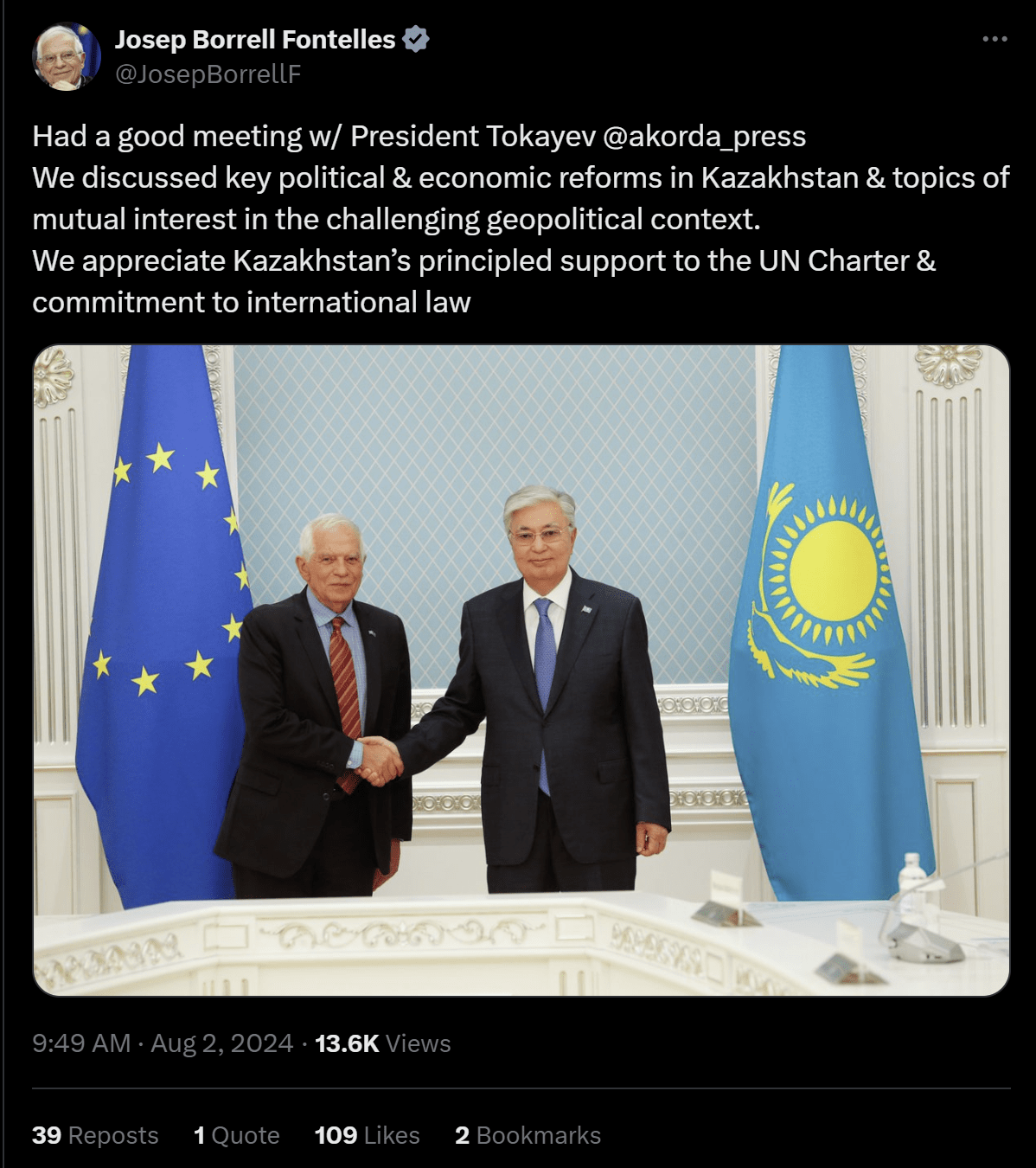
Josep Borrell Twitter-X
The EU High Representative said, “It was important to me to come here, to Astana, to reaffirm our strong commitment to strengthen our cooperation with Central Asia as a whole, and Kazakhstan in particular. Under the leadership of President Tokayev, Kazakhstan has embarked on the path of the wide range of political and economic reforms that we support”.
Borrell also met with the Minister of Foreign Affairs of Kazakhstan, Murat Nurtleu. Speaking about the Ukraine war, Borrel stated: “We encourage you to take further steps in order to make this war reach an end, and to use your influence for that.”
Traveling to Kyrgyzstan next, Borell met with President Sadyr Japarov and Foreign Minister Ruslan Kazakbaev. Kyrgyzstan also has an Enhanced Partnership and Cooperation Agreement with the EU, as does Uzbekistan. During this visit, Borrell expressed the EU’s commitment to deepening cooperation with Kyrgyzstan and highlighted that the Enhanced Partnership and Cooperation Agreement creates new opportunities for bilateral relations.
For his part, President Japarov acknowledged the EU as a reliable partner since Kyrgyzstan’s independence and encouraged European investors to engage in projects related to hydropower, transport, and digitization sectors in the country.

Josep Borrell Twitter-X
Josep Borrell’s visit to Central Asia underscores the European Union’s recognition of the region’s growing strategic importance, especially in terms of promoting trade and energy security amid the ongoing Russia-Ukraine conflict. His meetings with the presidents of Kazakhstan and Kyrgyzstan, both of which have Enhanced Partnership and Cooperation Agreements with the EU, demonstrate a commitment to deepening bilateral relations and reducing Europe’s dependency on Russia. While such frameworks help enable cooperation for Central Asia to play a pivotal role as a transport corridor and energy partner, Europe must move beyond mere talk and start making tangible investments. Only then will they solidify the region’s role as a crucial link between Europe and Asia.
